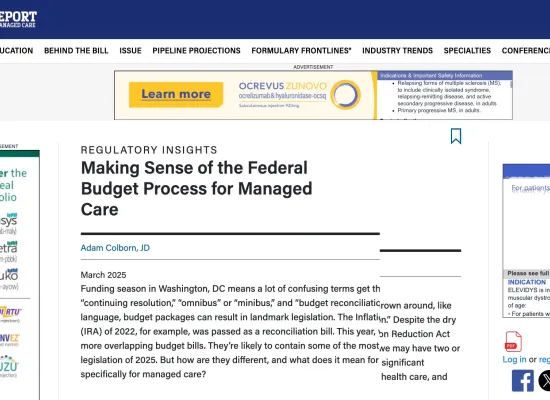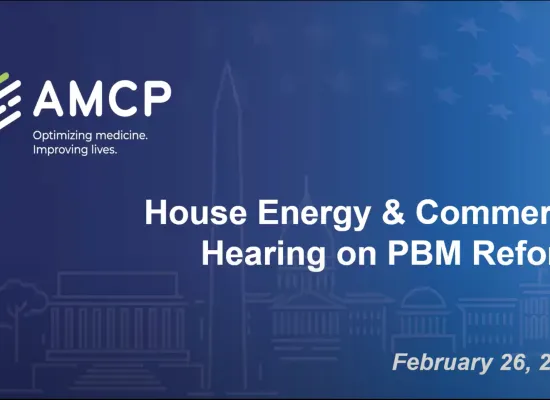
This year, there may be two or more overlapping budget packages likely to contain some of the most significant legislation of 2025. AMCP’s Adam Colborn analyzes how these bills are different and what they mean for managed care and health care broadly. Read more:








